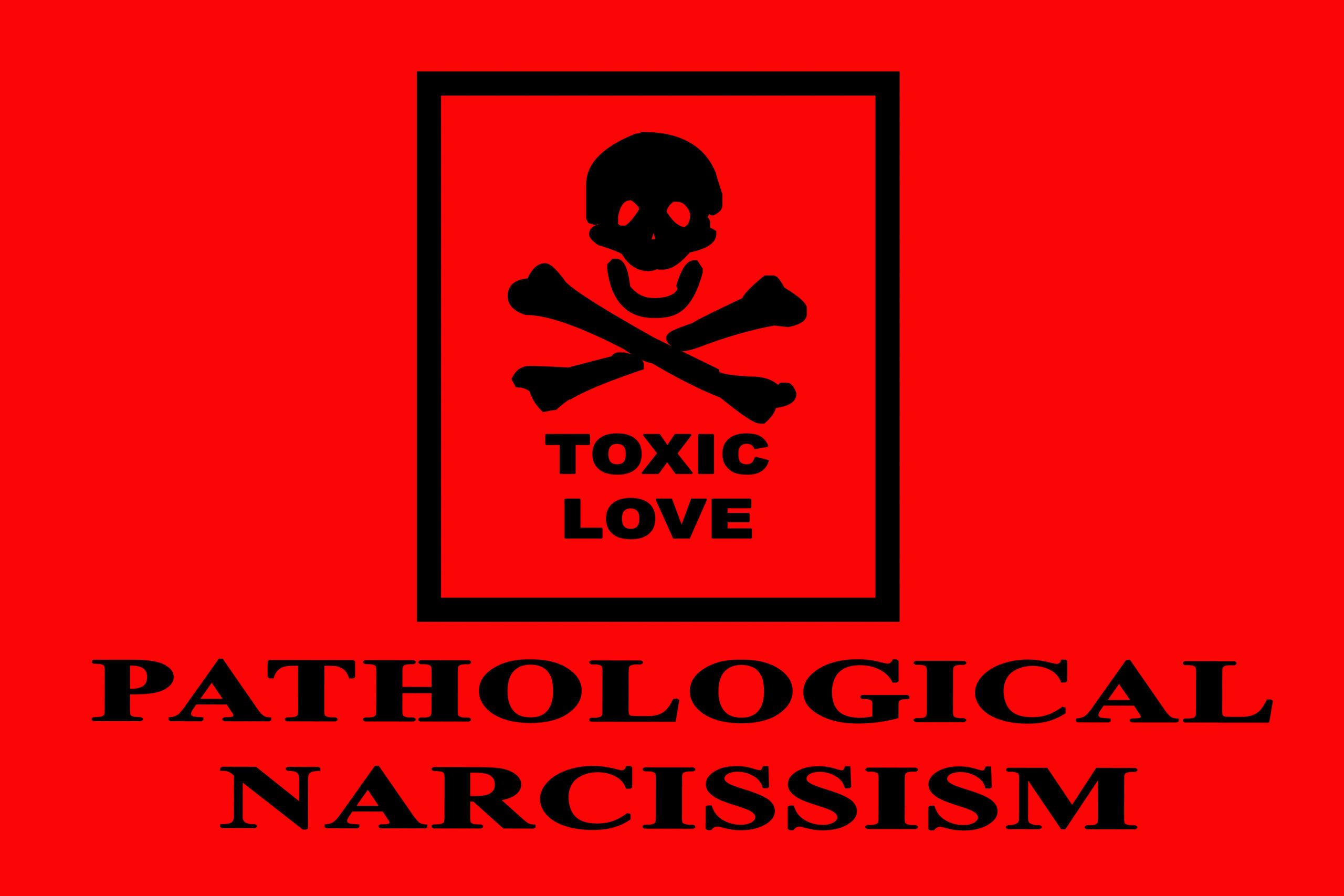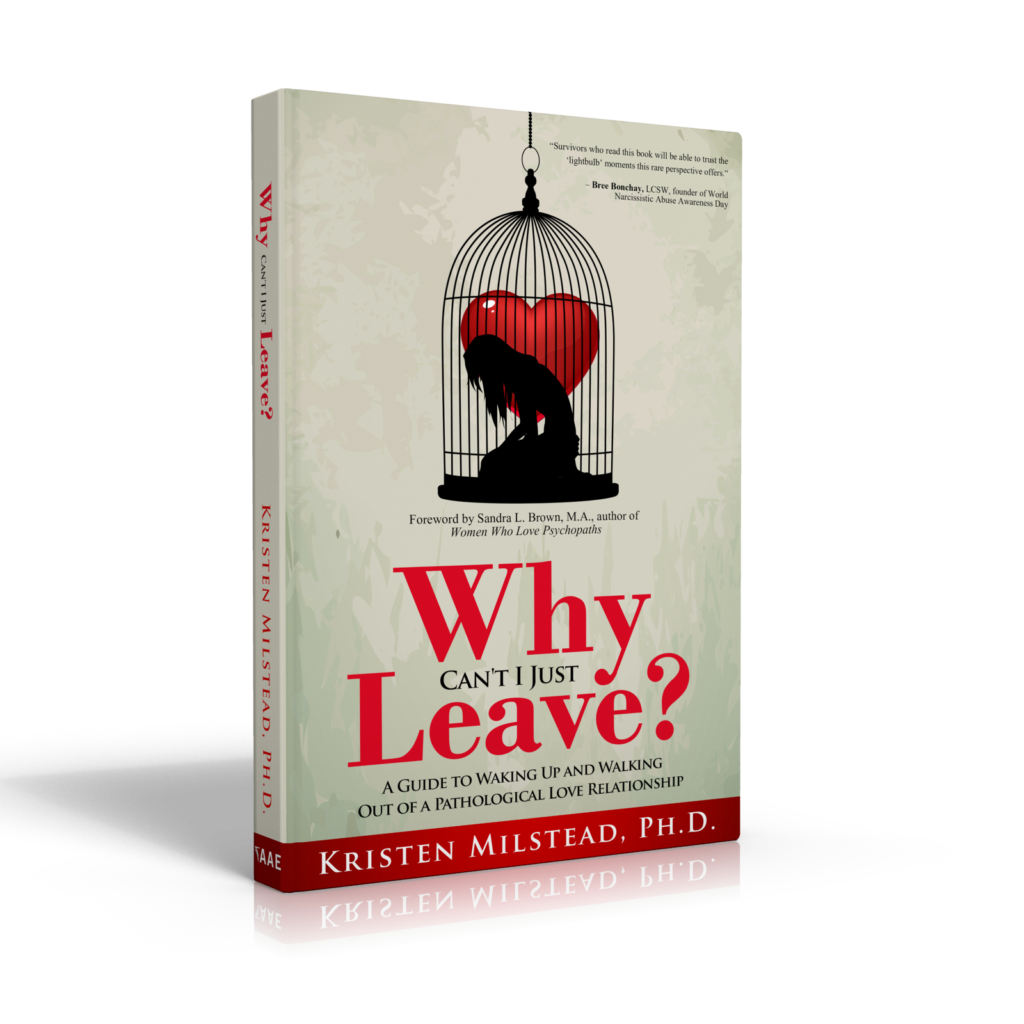Is there a test for narcissism?
Yes and no.
As survivors, we seek out narcissistic tests for two reasons.
Either we have a desperate need to know whether someone in our life is a narcissist, or we are worried that we are the narcissistic ones–a seed often planted by repeated interactions with a narcissistic person who casts our normal reactions to their outrageous behavior as irrational and our human needs as self-absorbed.
The concept of a narcissistic test feels like a “magic bullet.” Rack up the correct number of points or say “yes” to the right number of items, and our lives can make sense again.
What is Narcissistic Personality Disorder?
Before we look at how it’s measured, let’s take a brief look at how it’s understood.
Most psychologists believe that narcissism is a spectrum and that psychologically healthy people have a moderate level of narcissism that enables them to function appropriately (Malkin, 2015).
Pathological narcissism, however, is a personality disorder–Narcissistic Personality Disorder, or NPD. A personality disorder characterizes someone’s behavior across all domains of a person’s life and across a long period of time. It’s not situational. For example, it’s not caused by drugs or alcohol or due to a difficult circumstance or unusual hardship. It’s a way of life.
Often, someone with NPD is just referred to as a narcissist. If you’re reading this, you likely already know that. But there are many different types and subtypes of narcissists, and some are easier to spot than others.
Regardless of the type, narcissists are obsessed with grandiose fantasies of success and power and look to others to validate them.
There are nine criteria for diagnosing narcissism in the Diagnostic and Statistical Manual of Mental Disorders Fifth Edition (2013) and because there are three main types, only five are needed for a diagnosis.
The nine criteria include:
• A grandiose sense of self-importance
• A preoccupation with fantasies of unlimited success, power, brilliance, beauty, or ideal love
• belief that he or she is special and unique and can only be understood by, or should associate with, other special or high-status people or institutions
• A need for excessive admiration
• A sense of entitlement
• Interpersonally exploitive behavior
• A lack of empathy
• Envy of others or a belief that others are envious of him or her
• A demonstration of arrogant and haughty behaviors or attitudes
Some of these traits are more harmful than others.
How Psychologists Test for Narcissism
Some of these traits are more harmful than others.
The Narcissistic Personality Inventory or NPI (Raskin and Hall, 1979) is one of the most popular tests for measuring narcissism. It suggests that the nine criteria actually measure three different dimensions: Leadership/Authority, Grandiose Exhibitionism, and Entitlement/Exploitativeness.
For survivors of narcissistic abuse, it is the latter category of traits that we are most likely to care about because it is these traits that have led someone in our lives to cause us so much harm.
So let’s take a look at the test.
It consists of forty pairs of statements. The test-taker is supposed to select the statement that he or she most identifies with. If he or she most identifies with both, then the one which is most important should be selected. (I don’t know what you do if you don’t identify with either!)
Here are the statements:
I have a natural talent for influencing people.
I am not good at influencing people.
Modesty doesn’t become me.
I am essentially a modest person.
I would do almost anything on a dare.
I tend to be a fairly cautious person.
When people compliment me I sometimes get embarrassed.
I know that I am good because everybody keeps telling me so.
The thought of ruling the world frightens the hell out of me.
If I ruled the world it would be a better place.
I can usually talk my way out of anything.
I try to accept the consequences of my behavior.
I prefer to blend in with the crowd.
I like to be the center of attention.
I will be a success.
I am not too concerned about success.
I am no better or worse than most people.
I think I am a special person.
I am not sure if I would make a good leader.
I see myself as a good leader.
I am assertive.
I wish I were more assertive.
I like to have authority over other people.
I don’t mind following orders.
I find it easy to manipulate people.
I don’t like it when I find myself manipulating people.
I insist upon getting the respect that is due me.
I usually get the respect that I deserve.
I don’t particularly like to show off my body.
I like to show off my body.
I can read people like a book.
People are sometimes hard to understand.
If I feel competent I am willing to take responsibility for making decisions.
I like to take responsibility for making decisions.
I just want to be reasonably happy.
I want to amount to something in the eyes of the world.
My body is nothing special.
I like to look at my body.
I try not to be a show off.
I will usually show off if I get the chance.
I always know what I am doing.
Sometimes I am not sure of what I am doing.
I sometimes depend on people to get things done.
I rarely depend on anyone else to get things done.
Sometimes I tell good stories.
Everybody likes to hear my stories.
I expect a great deal from other people.
I like to do things for other people.
I will never be satisfied until I get all that I deserve.
I take my satisfactions as they come.
Compliments embarrass me.
I like to be complimented.
I have a strong will to power.
Power for its own sake doesn’t interest me.
I don’t care about new fads and fashions.
I like to start new fads and fashions.
I like to look at myself in the mirror.
I am not particularly interested in looking at myself in the mirror.
I really like to be the center of attention.
It makes me uncomfortable to be the center of attention.
I can live my life in any way I want to.
People can’t always live their lives in terms of what they want.
Being an authority doesn’t mean that much to me.
People always seem to recognize my authority.
I would prefer to be a leader.
It makes little difference to me whether I am a leader or not.
I am going to be a great person.
I hope I am going to be successful.
People sometimes believe what I tell them.
I can make anybody believe anything I want them to.
I am a born leader.
Leadership is a quality that takes a long time to develop.
I wish somebody would someday write my biography.
I don’t like people to pry into my life for any reason.
I get upset when people don’t notice how I look when I go out in public.
I don’t mind blending into the crowd when I go out in public.
I am more capable than other people.
There is a lot that I can learn from other people.
I am much like everybody else.
I am an extraordinary person.
According to PsychCentral (2019) the average person scores between 12 and 15, celebrities score closer to 18, and narcissists score over 20.
Now, beautiful survivor, as you were reading this… did you see the issue with our primary interest in the test?
If you were trying to determine whether there is a narcissist in your life, the test isn’t going to be much help.
We could only answer as if we knew what the narcissist was thinking, but that’s always been the problem, hasn’t it? We’ve never known for sure what the narcissist is thinking, because they present so many different sides to us and their behavior doesn’t make any sense.
Is Your Partner a Narcissist?
Perhaps you were seeking out a test because you were curious to know if you were the narcissist.
Narcissists play mind games with us to make us believe that somehow we are the problem, or that the things we’ve done in reaction to their abuse is equivalent.
If you were wondering if they were right–if you, were, in fact the problem, I’d bet that if you’re reading this, the answer is no.
But the real question at hand is–is your partner a narcissist?
The answer cannot be found in a test such as this, because the answer is already right in front of you.
It’s been stolen from you.
It’s your intuition and it’s telling you everything you need to know.
Sources
Diagnostic and Statistical Manual of Mental Disorders, Fifth Edition
Raskin, R.; Terry, H. (1988). “A principal-components analysis of the Narcissistic Personality Inventory and further evidence of its construct validity”. Journal of Personality and Social Psychology, Vol 54(5), 890-902.
Research Team, P. (2019). Narcissistic Personality Quiz. Psych Central. Retrieved on November 4, 2019, from https://psychcentral.com/quizzes/narcissistic-personality-quiz/






2 Comments
Madelaine
Yes ,I ‘ve been looking for answers after a terrible year of separating and finally divorcing .I wanted to save my relationship but came across all this articules finding about Narcs and all the puzzles and the feelings of abuse started to make sense. Loosing myself in sadness and depression having the feeling I was never enough ,having no boundries to keep things in peace,doubting my self after humilliations ,all the phrases to keep control making myself beleive I was always wrong ,doubting my own sanity because he sad so .Yes I even thought I was the narcissit but I know him very well and I know the way he thinks and thinks of himself …He scored 25 -26
M
“It’s your intuition and it’s telling you everything you need to know.” I just got goose bumps. This. This. This. His abuse made me doubt my powerful skills of intuition.